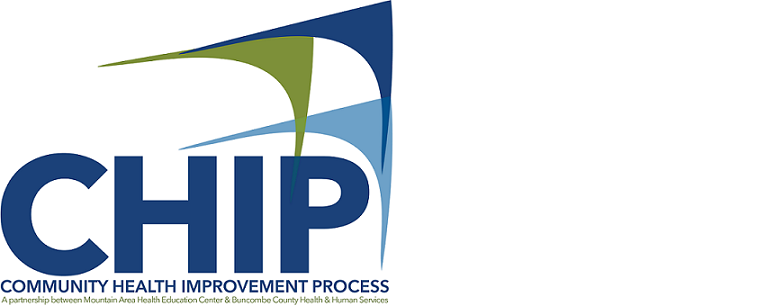Dear Community Partners and Key Stakeholders,
We are very fortunate to work with such a dedicated group of individuals and organizations on the CHIP Advisory Committee and our throughout the community. Your engagement and support will help to move the needle on our disparate infant mortality and mental health focus areas.
We thank you for your service and wish you a wonderful holiday season!
Jan and Frank
Before many of you begin taking time away to spend with family and friends during holiday celebrations, please note that the first CHIP Advisory Council meeting will shift to the second Thursday (January 9th) and will be open to anyone who would like to attend. AARP and ABIPA will be hosting a screening of The Power to Heal: Medicare and the Civil Rights Revolution. This powerful film tells the story of the historic struggle to secure equal and adequate access to healthcare for all Americans and is being hosted by ABIPA and AARP. You can view the film trailer here (although it does a poor job of providing a sense of this documentary's power).
Given we will provide breakfast, please take a minute to RSVP at http://bit.ly/PowerToHeal_RSVP, even if you normally attend. And please share!
We also want to provide a quick update on the Buncombe County Board of Commissioners presentation on December 3rd as well as thank those of you who showed up to demonstrate your support! We were very pleased with the response we received. The Commissioners were receptive and many of them clearly expressed their support for our work to address Birth Equity and Mental Health & Well-being as well as the work to advance cross-sector collaboration to undo racism. Several commissioners specifically spoke to the value of what we shared to developing the county strategic priorities The video from that meeting has not yet been posted, but you can view the slides here.
With gratitude from the whole CHIP Team,
We wish you joy, peace and hope as we move into the new year!



